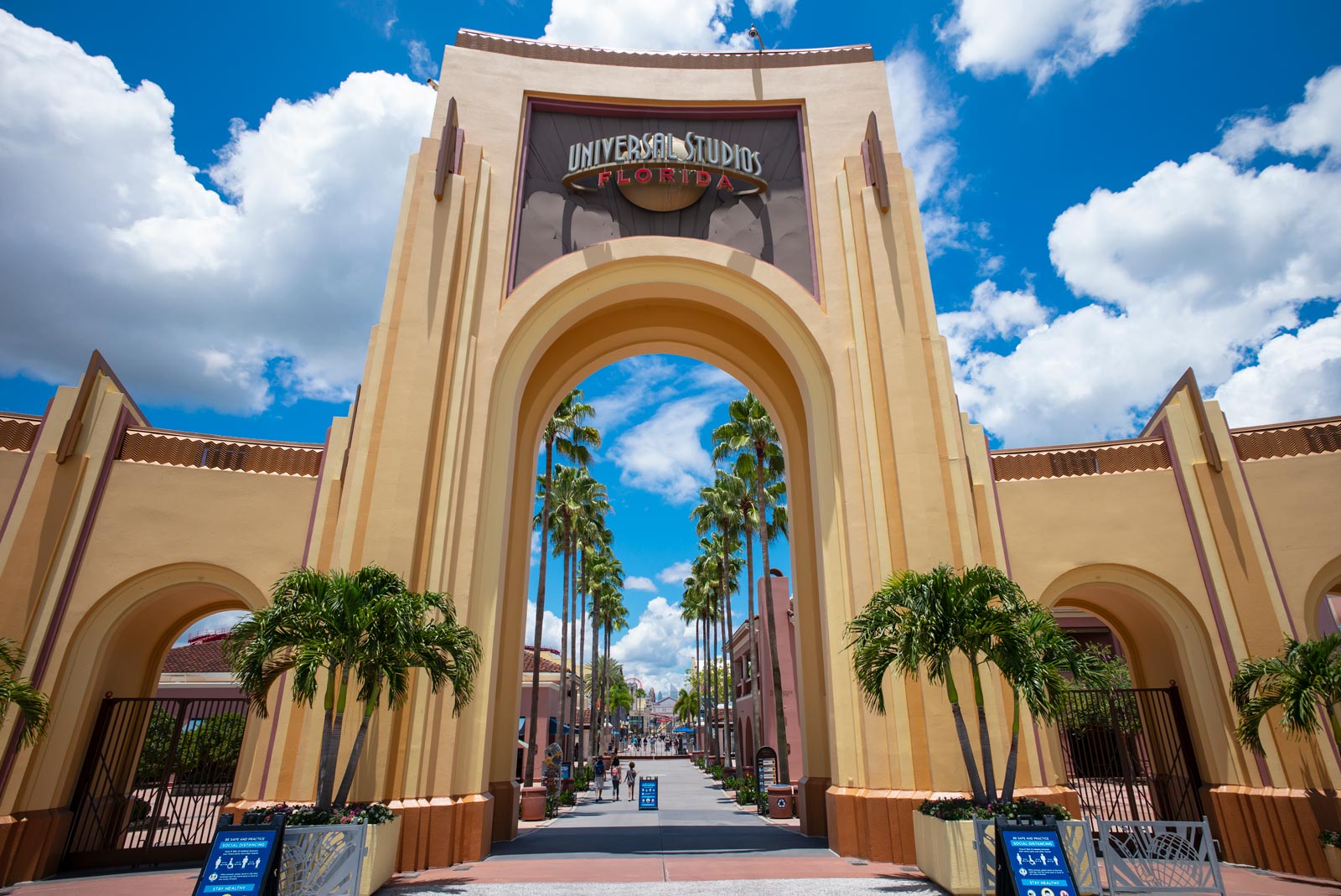The Legacy of Black Civil War Soldiers
The contributions of Black soldiers during the Civil War are vital to understanding American history. Their stories, sacrifices, and the struggles they faced in battle and beyond demonstrate their resilience and fight for citizenship.
Significant Contributions
- Bravery in Battle: Thousands of African Americans enlisted, risking their lives for freedom and equality.
- Medical Roles: Many served as nurses and medical personnel, providing essential care during the war.
- Historical Impact: Their involvement played a crucial role in shaping public perception and policy regarding race and citizenship.
Visual Narratives
Visual documentation of these remarkable individuals offers a powerful glimpse into their lives. Through photographs and artifacts, we can appreciate their dedication and the societal challenges they faced.




Conclusion
As we reflect on the legacy of these brave soldiers, it is essential to acknowledge their significant contributions to not only the outcomes of battles but also to the ongoing fight for civil rights. Their stories continue to inspire actions towards equality and justice in our society today.




